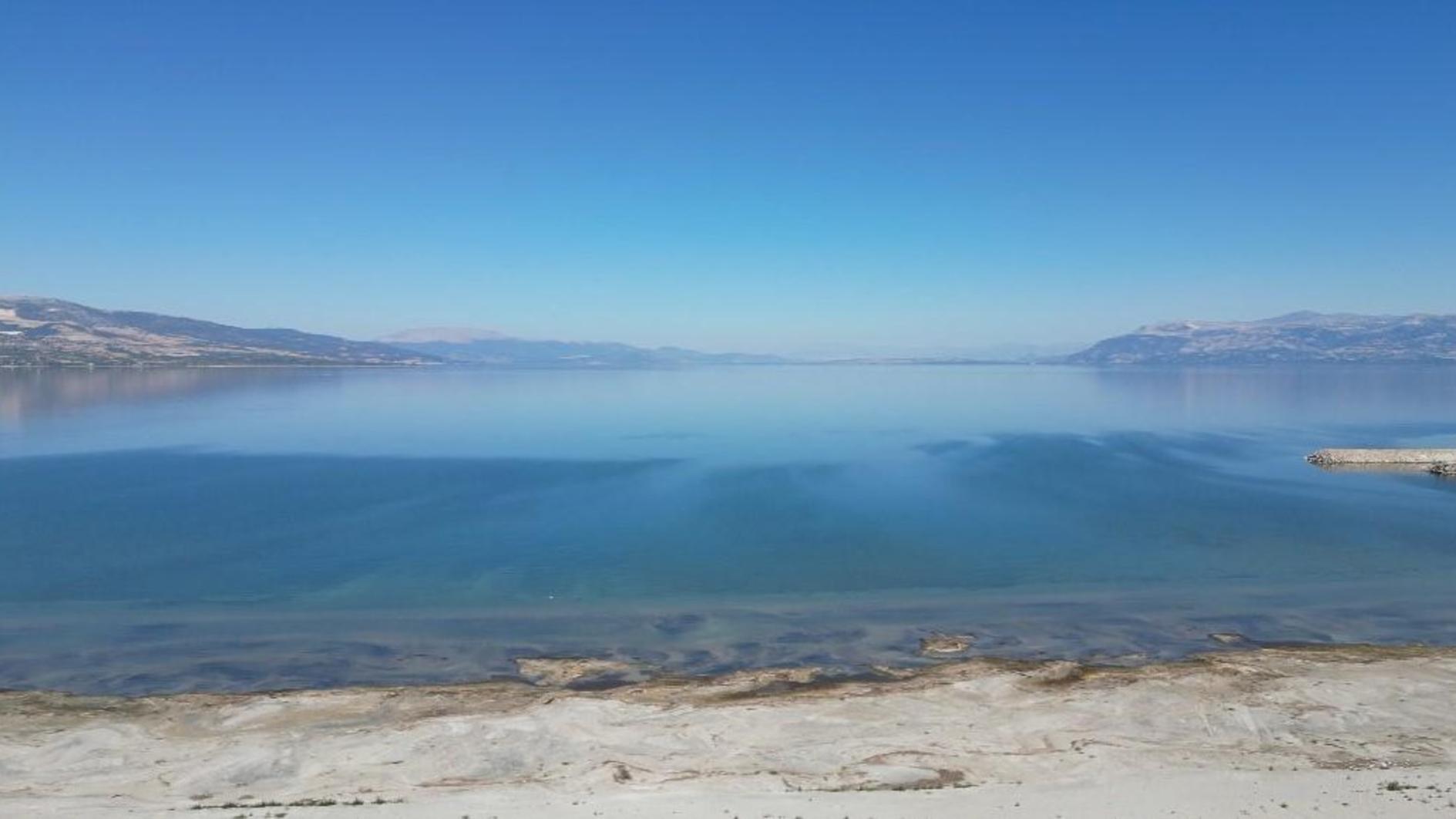The shortcomings of the American liberal revolt
I have to admit that I have started to appreciate the election victory of Donald Trump. No, mine is not a non-Westerner’s Schadenfreude, although even that might be justifiable. But I could imagine that there are many people in non-Western countries who were happy to see that the Western superpower is not immune to the populist surge and that such developments were not particular to our “backward” countries after all. I, too, think that Trump’s victory is a challenge that the United States and the idea of U.S. superiority deserves to face.
Moreover, I think that the liberal reaction to Trump’s victory showed us another aspect of the idea of Western supremacy and arrogance. First of all, American liberals, progressives, the “civilized” and anti-Trump conservatives seem to believe in “American exceptionalism and superiority” even more than Trump himself.
They appear to refuse to acknowledge the weaknesses and problems of their country by simply revolting against the outcome of those weaknesses and problems. After all, it is rather difficult to seriously take the rebellion of those who did not raise their voice against the corruption allegations, cronyism, power-mongering and failed foreign policy of the Democrats’ candidate, Hillary Clinton. It seems that all is tolerable except vulgarity in style. Even though former U.S. Secretary of State Clinton’s interventionist foreign policy led to disasters in Libya and elsewhere, she is regarded as the civilized face of America, whereas Trump spoils the image. By the way, speaking of vulgarity, it would be remiss to avoid noting Madonna’s vulgar contribution to the Women’s March, among others.
Most recently, I was appalled by an article by Kevin Baker, who seems to be one of those who has been suffering from post-Trump trauma (The New York Times, Jan. 23). He complains that he felt “as though I had awakened in America and gone to sleep in Ecuador, or maybe Belgium. Or Thailand, or Zambia” on election day. To tell the truth, Trump seems like a modest guy in comparison with this proud American writer as he presents himself. He chooses the example of Belgium to avoid being labelled as a racist or supremacist and then confidently claim that “those nice countries endure the ups and downs of history as the years pass, headed toward no particular destiny … Nobody expects anything out of Belgium.”
Realizing that he went too far, he admits that the belief in “a nation’s destiny” is the kind of thing that dictators and demagogues tell their people, but he nonetheless believes in American exceptionalism, like many others. He must be thinking that if non-Americans mention a “nation’s destiny” to “their people,” it is the discourse of dictatorship and demagogy, whereas if an American relates “the American nation’s destiny” to the people of other nations, it means liberal-mindedness.
Baker ends his article with pangs of agony that the Russians must have been very happy about the U.S. elections and declares his despair that “We [Americans, I assume] joined up with the drunken idiot of history.” With liberals or “civilized conservatives” like him, the U.S. does not need racists, I think. Once again, Trump sounds like a more modest person as he promises to make America great again – at least he seems to believe that America is currently not that great, after all.











